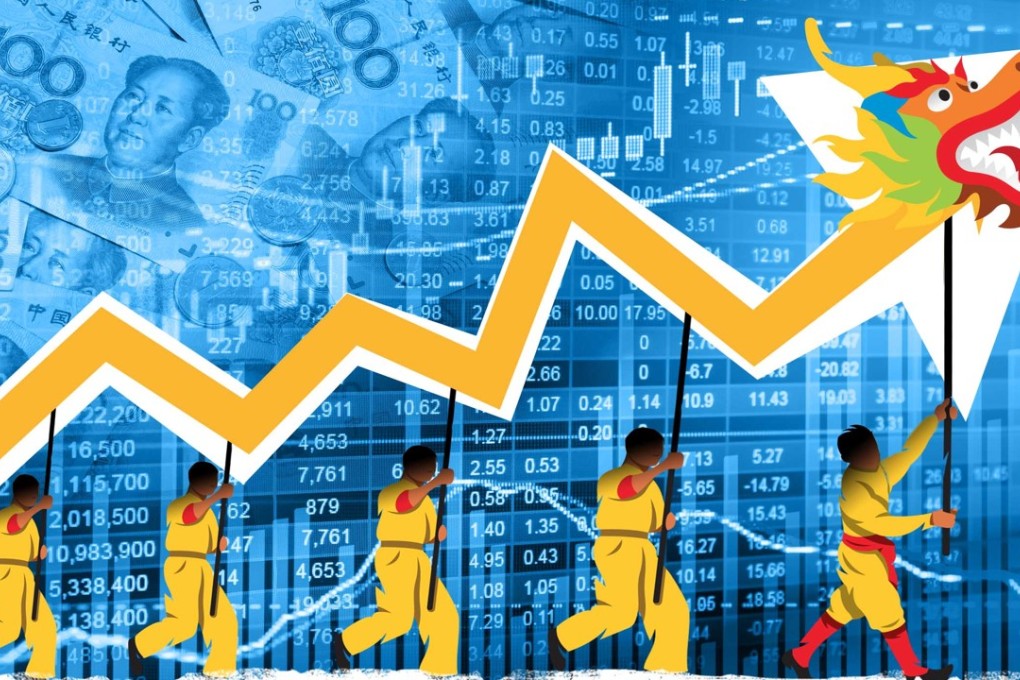Xi picks team of problem solvers to head China’s economic portfolios
Much of country’s economic management may be delegated to Liu He, who will have to handle an increasingly hostile US government and a host of domestic economic challenges

He did not disappoint. To a roomful of attendees, Liu promised in Chinese that some reforms “will exceed the expectations of the international community”.
At a meeting of the country’s parliament and political advisory body next month, Liu, a 66-year-old Beijing native, is likely to be promoted to become one of four vice premiers working nominally under Premier Li Keqiang.
Liu, who attended Harvard’s Kennedy School and Seton Hall University in New Jersey, will be one of the country’s most powerful vice-premiers in two decades, according to analysts, scholars and economists who know him.
The Chinese president may delegate much of China’s economic management to Liu’s team, “largely bypassing the premier”, said Steve Tsang, director of the SOAS China Institute in London and author of China in the Xi Jinping Era. “Liu is unlikely to put forth any plan which he thinks President Xi Jinping will not approve, or like.”
Liu will continue to direct the Office of the Central Leading Group on Financial and Economic Affairs – its address is a Beijing postbox – which functions like the US government’s National Economic Council. According to a source familiar with government operations, he will also chair the Financial Stability and Development Commission, a new agency that supersedes all financial regulators, responsible for overseeing regulation and reducing “rhino risks”, as highly leveraged corporate borrowers are called.